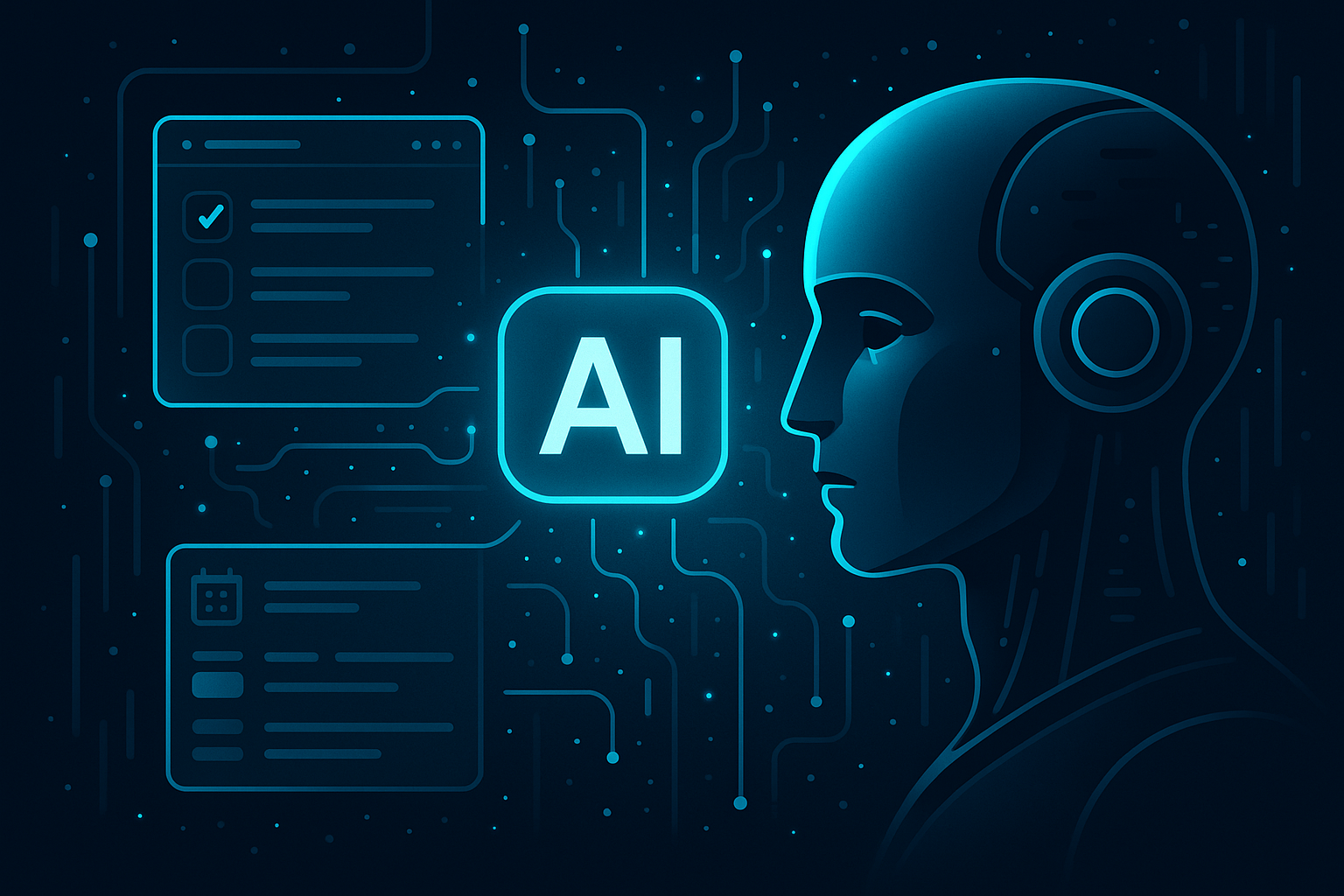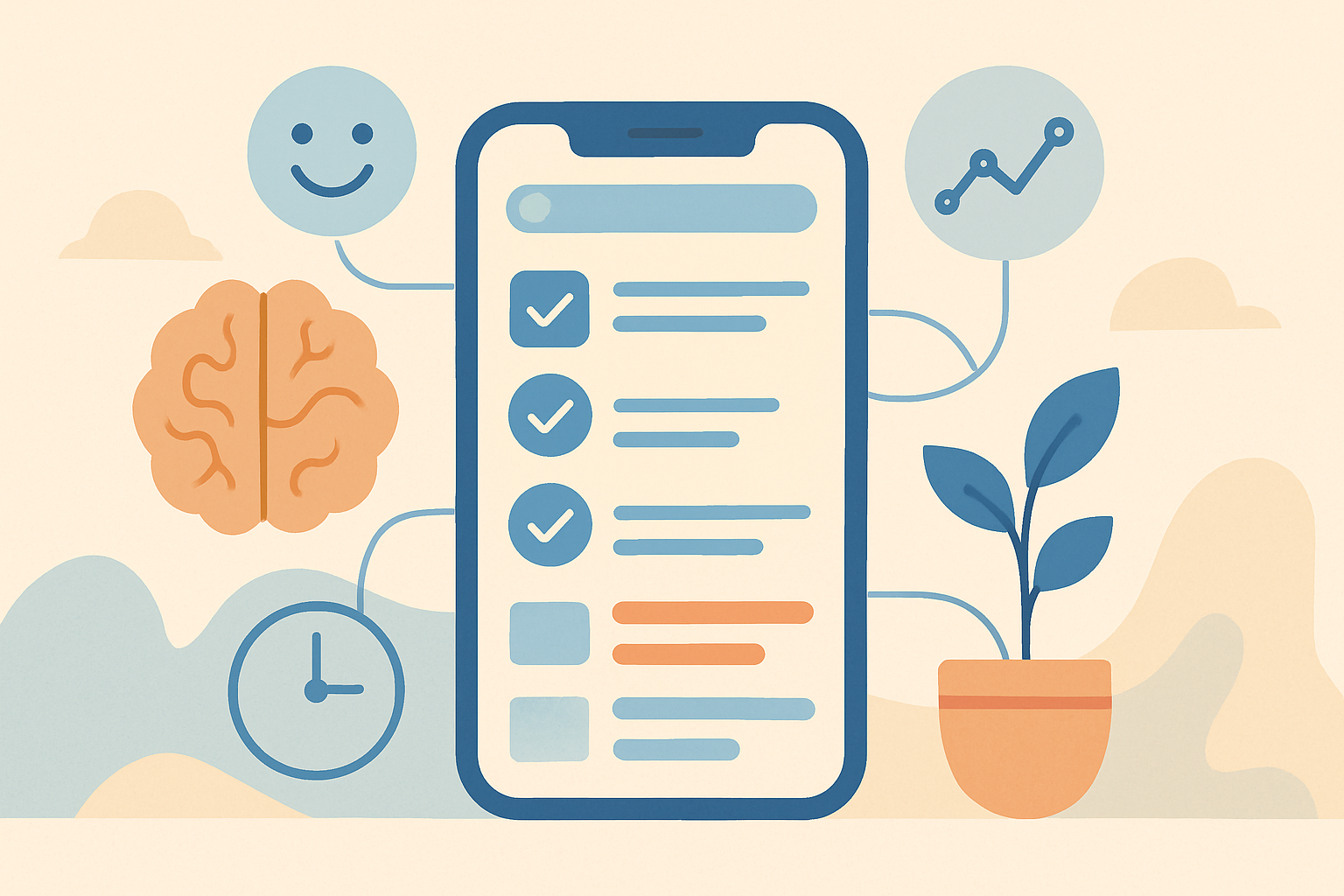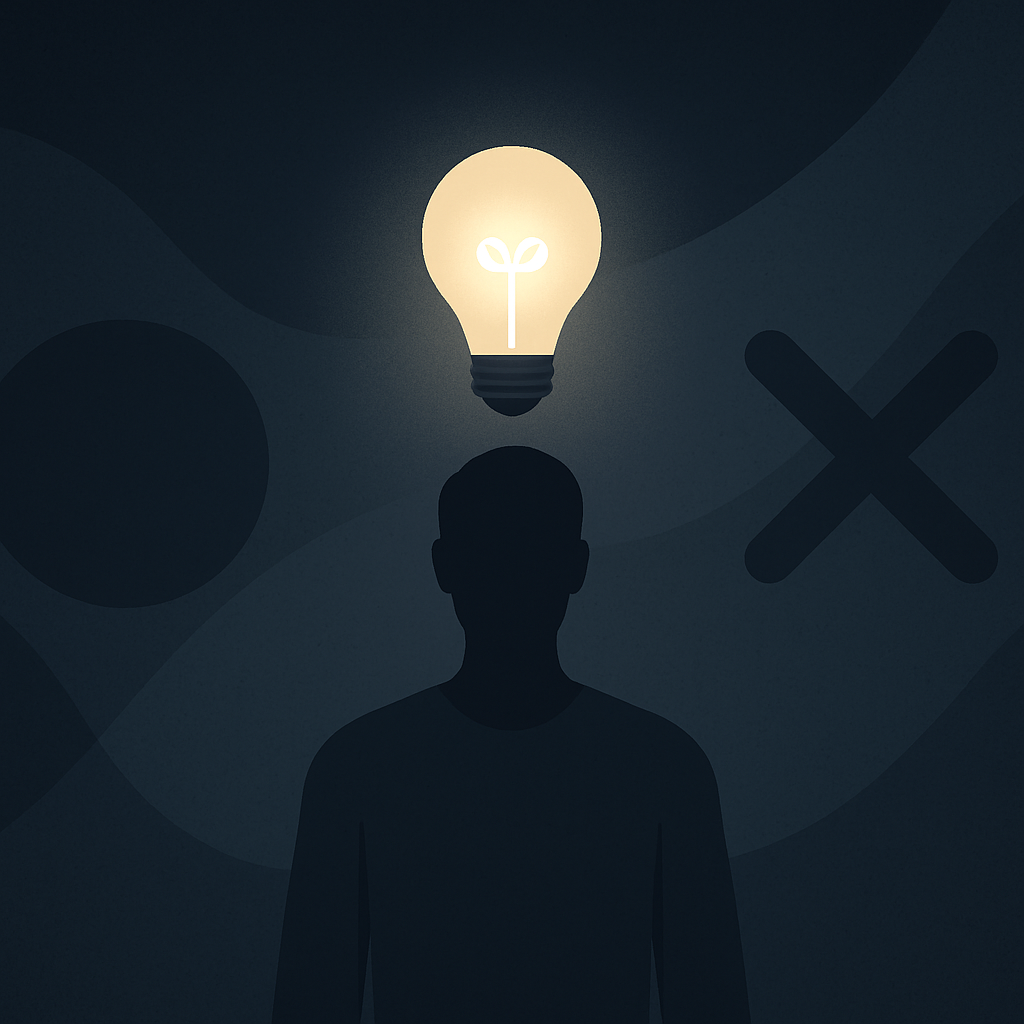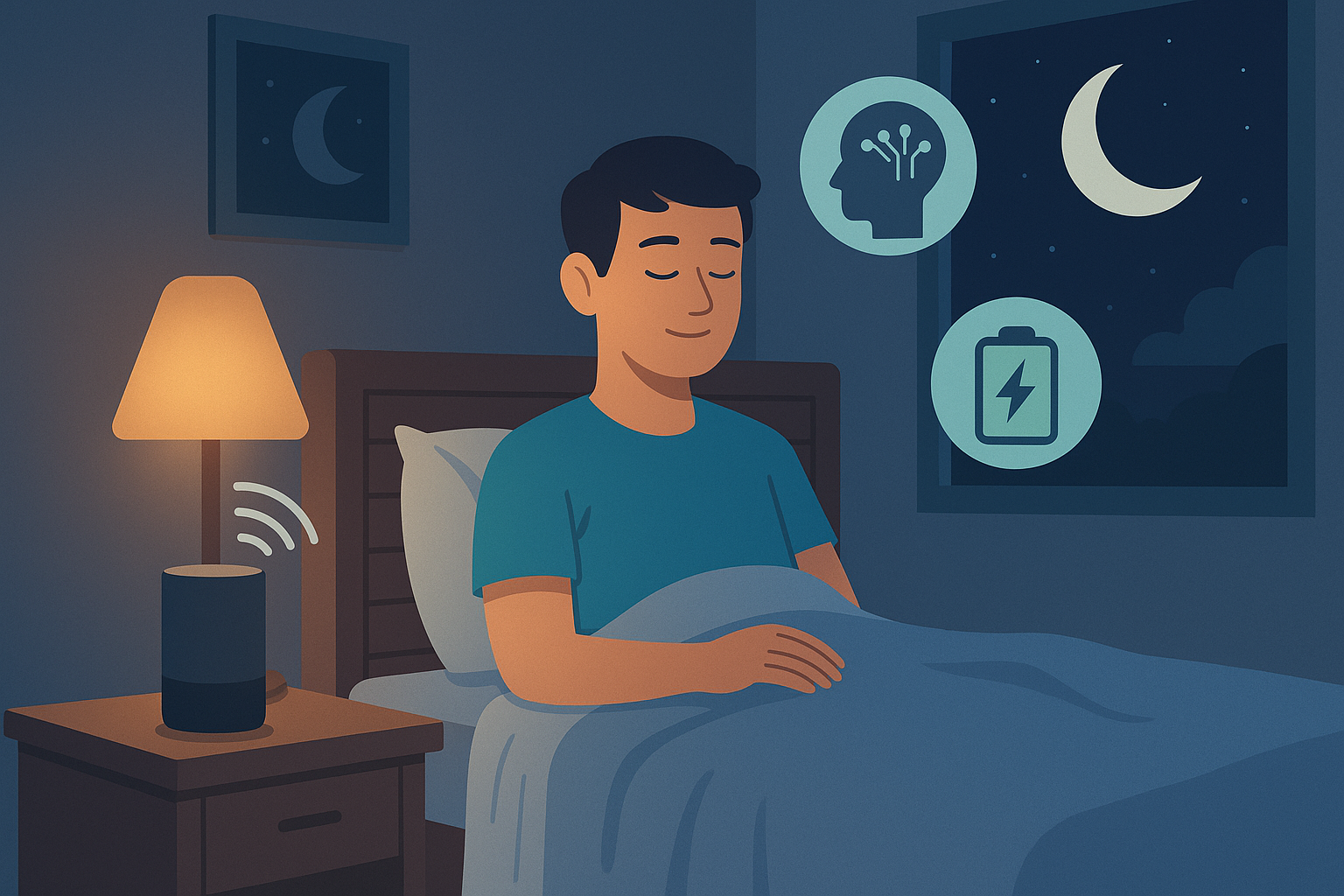The future of work is being rewritten by AI. Every day, new AI systems are redefining how we plan, prioritize, and perform. Task management, once a tedious process of manual organization, is now powered by adaptive intelligence that thinks, learns, and evolves with us.
Instead of spending hours planning your day, AI now creates schedules, predicts energy levels, and automates repetitive decisions — allowing you to focus on meaningful work. This shift marks a new era of cognitive collaboration between humans and machines.
Task management is no longer about managing tasks — it’s about managing intelligence.

How AI Redefines Productivity
Traditional productivity relied on human discipline; modern productivity relies on AI automation. By analyzing data from your calendar, behavior, and focus patterns, AI tools create dynamic workflows that adapt in real time.
Old systems required you to plan your day. Modern AI task managers build the day for you.
AI doesn’t just automate — it understands context. It recognizes which tasks require deep focus, which can be delayed, and how to optimize rest periods. The result is a form of digital intuition: intelligent planning that aligns with your mental rhythm.
The Shift from Lists to Intelligent Systems
For decades, to-do lists ruled productivity. You added tasks, set reminders, and checked them off manually. But the human brain isn’t built for constant micro-decisions. That’s where AI systems take over.
AI task management platforms analyze past performance, measure task duration, and adapt dynamically. Instead of static lists, you get living systems that understand how you work.
| Era | Productivity Model | Limitation | AI Innovation |
|---|---|---|---|
| Manual Era | To-do lists and reminders | Rigid and repetitive | Reactive planning |
| Smart Tools Era | Integrated apps & calendars | No personalization | Basic automation |
| AI Systems Era | Predictive task orchestration | Context-aware learning | Self-adapting productivity |
We’ve entered the AI systems era, where task management evolves in sync with your brain.
Why AI Task Management Works Better
AI improves productivity by doing what humans can’t: analyzing massive amounts of behavioral data in real time. It tracks how long you spend on each activity, when your focus drops, and which priorities create the best outcomes.
Example:
You open your AI planner in the morning. The system has already analyzed your energy from sleep data, meetings, and deadlines. It pushes your creative work earlier in the day and delays administrative tasks until your attention dips.
That’s not scheduling — that’s cognitive alignment through AI.
AI doesn’t just plan what you’ll do. It predicts how well you’ll do it.
Predictive Productivity: The AI Advantage
Predictive productivity is the next frontier of intelligent work. AI uses machine learning to anticipate your needs, optimizing your day automatically.
Imagine an AI tool like Reclaim AI or Motion AI that monitors your progress, reschedules tasks, and creates recovery windows before burnout happens. It sees what you don’t.
The AI layer acts as your strategist:
- It learns your work pace.
- It detects overload before it hits.
- It redistributes priorities dynamically.
Over time, your AI assistant becomes a reflection of your cognitive rhythm — a system designed not only to manage tasks but to protect focus.
The Role of AI in Human Decision-Making
Humans are creative. Machines are consistent. The future of productivity lies in combining both.
AI task systems augment human decision-making by removing cognitive noise. Instead of constantly deciding what to do next, you focus on why you’re doing it.
This reduces “decision fatigue,” a mental drain caused by repetitive micro-decisions. When AI handles logistics, your brain regains space for innovation, empathy, and strategy.
AI doesn’t eliminate human agency — it amplifies it.
Example: AI in Daily Task Management
Picture this: you wake up, and your AI assistant has already organized your day. It checks your sleep quality via wearable data, analyzes your workload, and creates a plan that maximizes efficiency.
At 9:00 a.m., it notices you’re distracted and reschedules your deep work block. At 2:00 p.m., it shifts an email campaign to tomorrow because your energy drops.
This is AI-powered task management at its finest — fluid, responsive, and deeply personal.
Your tools no longer wait for input. They think.
The Leading AI Tools for Task Management
In 2025, several AI task management tools have become essential for founders, teams, and individuals who value focus and automation:
| AI Tool | Core Function | Ideal For |
|---|---|---|
| Reclaim AI | Predictive scheduling | Professionals & teams |
| Motion AI | Dynamic daily planning | Entrepreneurs |
| Notion AI | Structured task systems | Creators & strategists |
| Akiflow AI | Unified inbox + task orchestration | Solopreneurs |
| Todoist AI | Smart task prioritization | Everyday productivity |
Each of these AI systems combines automation with behavioral insight — transforming static organization into intelligent execution.
Table: Traditional vs AI Task Systems
| Category | Traditional Task Apps | AI-Powered Task Systems |
|---|---|---|
| Scheduling | Manual | Predictive and automatic |
| Prioritization | Based on user input | Data-driven learning |
| Integration | Limited | Connected across apps |
| Adaptability | Fixed | Real-time adjustments |
| Focus Management | None | AI-guided flow optimization |
The difference is night and day. Traditional tools tell you what to do. AI tools tell you when and how to do it best.
The Cognitive Layer of AI
The true power of AI lies in cognition — the ability to understand context and meaning. Advanced AI task managers integrate semantic recognition, enabling them to interpret your goals instead of just your inputs.
For example, if you type:
“Finish client proposal by next week.”
The AI doesn’t just set a date. It breaks the project into sub-tasks, estimates required time, and schedules them automatically between your available blocks.
Your tasks become an intelligent, interconnected system.
AI and Emotional Awareness
The next wave of AI systems is becoming emotionally intelligent. They detect stress through writing tone, activity levels, or wearable data, then adjust your schedule to protect cognitive health.
In this future, AI tools won’t just manage productivity — they’ll manage well-being.
Imagine AI suggesting:
“You’ve been in deep focus for 90 minutes. Let’s take a walk to recharge.”
That’s not software. That’s a digital companion for sustainable work.
The Future of Workflows and AI Collaboration
As AI becomes embedded into every workflow, the line between task management and cognitive augmentation will blur. AI will integrate across your entire tech stack: from calendar to email to project dashboards.
By 2030, AI systems will act as autonomous workflow agents — connecting departments, syncing deadlines, and coordinating resources without manual effort.
Your role?
To think, create, and lead.
AI will handle the rest.
Example Workflow of the Future
- You outline project objectives.
- AI generates a timeline based on your capacity and team input.
- AI integrates tasks into Notion, Motion, and Slack.
- The system monitors execution and adjusts dynamically.
- Weekly reports are generated automatically, summarizing performance and focus metrics.
This is not automation — this is orchestration through AI systems.
Conclusion
The future of task management belongs to AI — systems that not only organize your day but understand your mind.
By blending human creativity with artificial intelligence, we’re entering an era where productivity feels effortless. The modern professional no longer needs to plan every detail — their AI assistant does it intuitively.
AI task management is more than a tool; it’s a mindset. A new relationship between time, technology, and human potential.
When your systems think like you — and sometimes for you — productivity becomes less about effort and more about alignment.
Further Reading & Related Insights
Internal link:
- AI Note-Taking Tools for Deep Thinkers — Discover how AI tools are transforming the way we think, write, and connect ideas.
External links:
Blog
This section provides an overview of the blog, showcasing a variety of articles, insights, and resources to inform and inspire readers.
-

AI Habit Tracking and the New Rhythm of Modern Self-Improvement
AI Habit Tracking. Progress used to depend on discipline. Now, it depends on data.…
-

AI Decision Making and the New Discipline of Intentional Living
AI Decision Making. Every “yes” has a cost. Every time you agree to something…
-

The Perfect AI Night Routine to Sleep Better and Think Smarter
AI Night Routine. Your morning doesn’t begin when you wake up — it begins…
